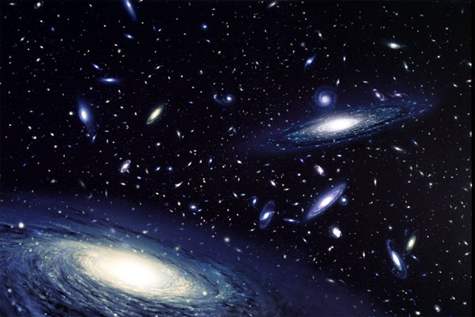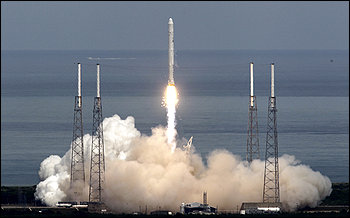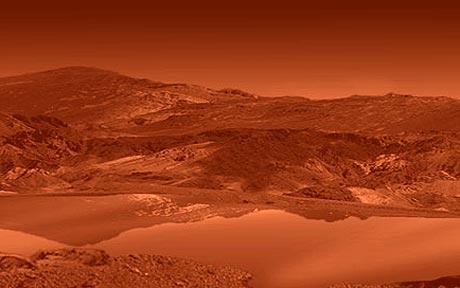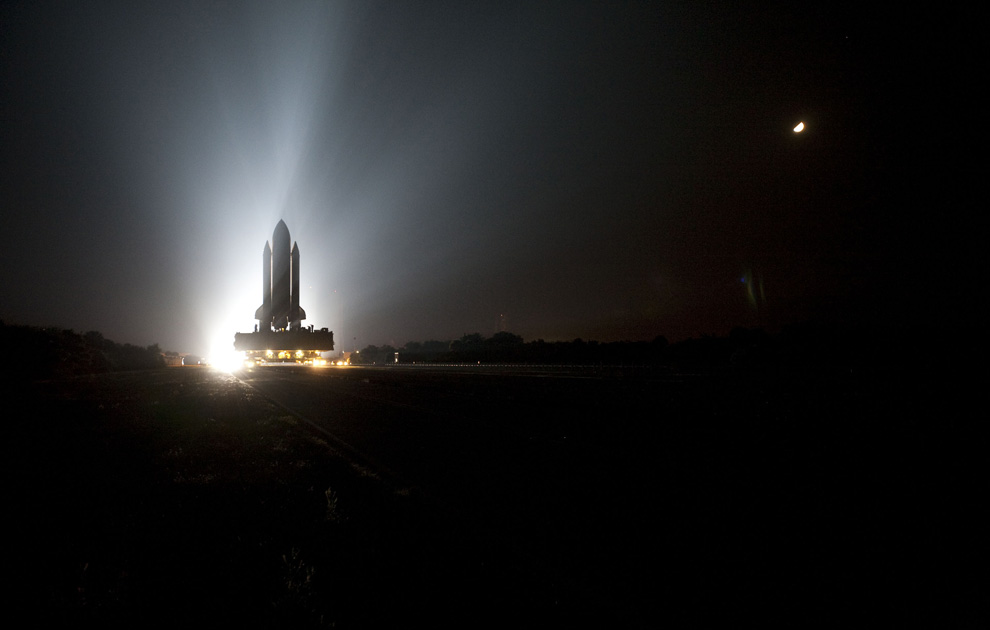“[W]e are entering an increasingly dangerous period of our history. Our population and our use of the finite resources of planet Earth are growing exponentially, along with our technical ability to change the environment for good or ill. But our genetic code still carries the selfish and aggressive instincts that were of survival advantage in the past. It will be difficult enough to avoid disaster in the next hundred years, let alone the next thousand or million. Our only chance of long-term survival is not to remain inward-looking on planet Earth, but to spread out into space. We have made remarkable progress in the last hundred years, but if we want to continue beyond the next hundred years, our future is in space.“
Once again, Professor Stephen Hawking makes the case for manned exploration, sooner rather than later — as in living off-world within the next century. In other words, we need to get busy living, or get busy dying.






